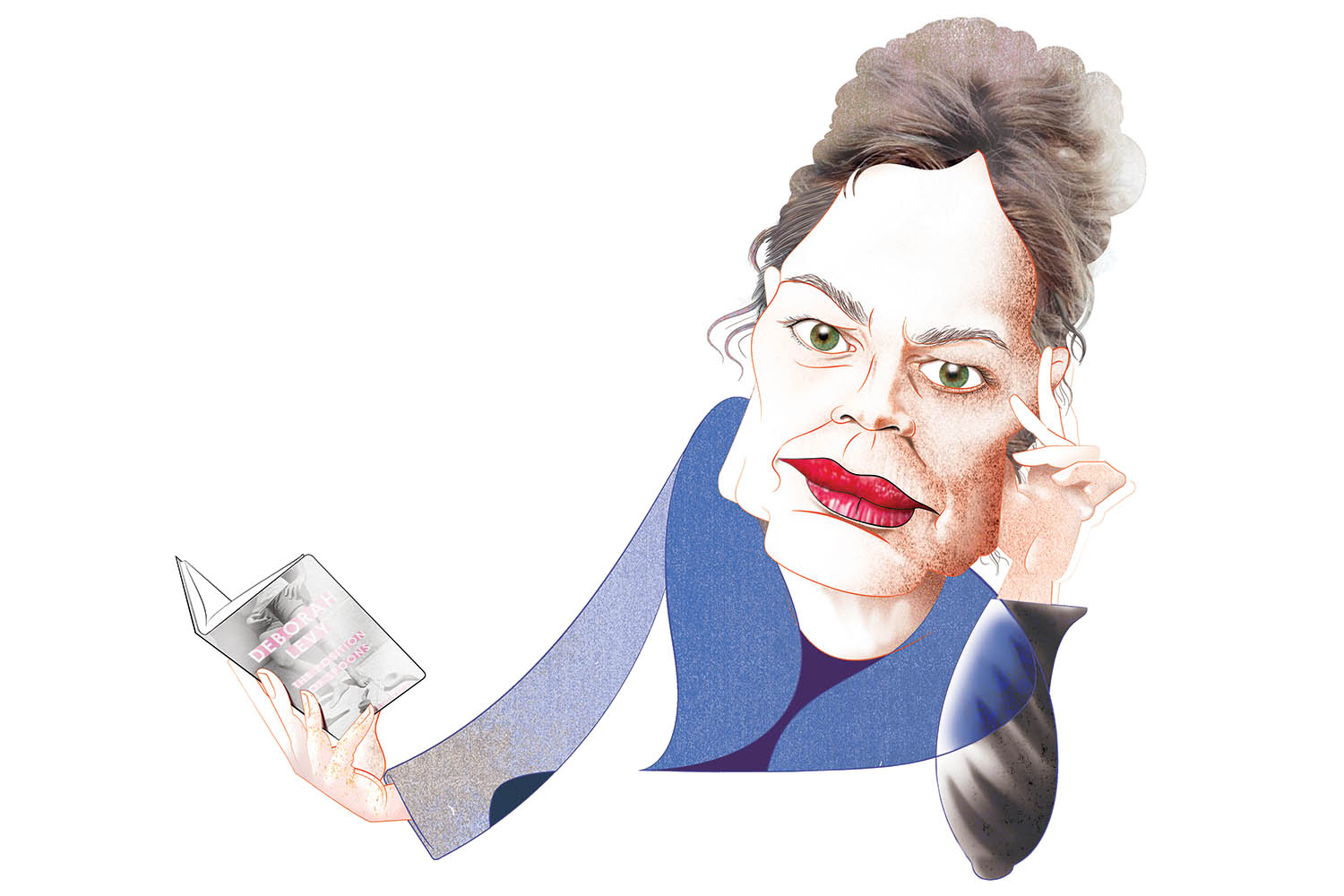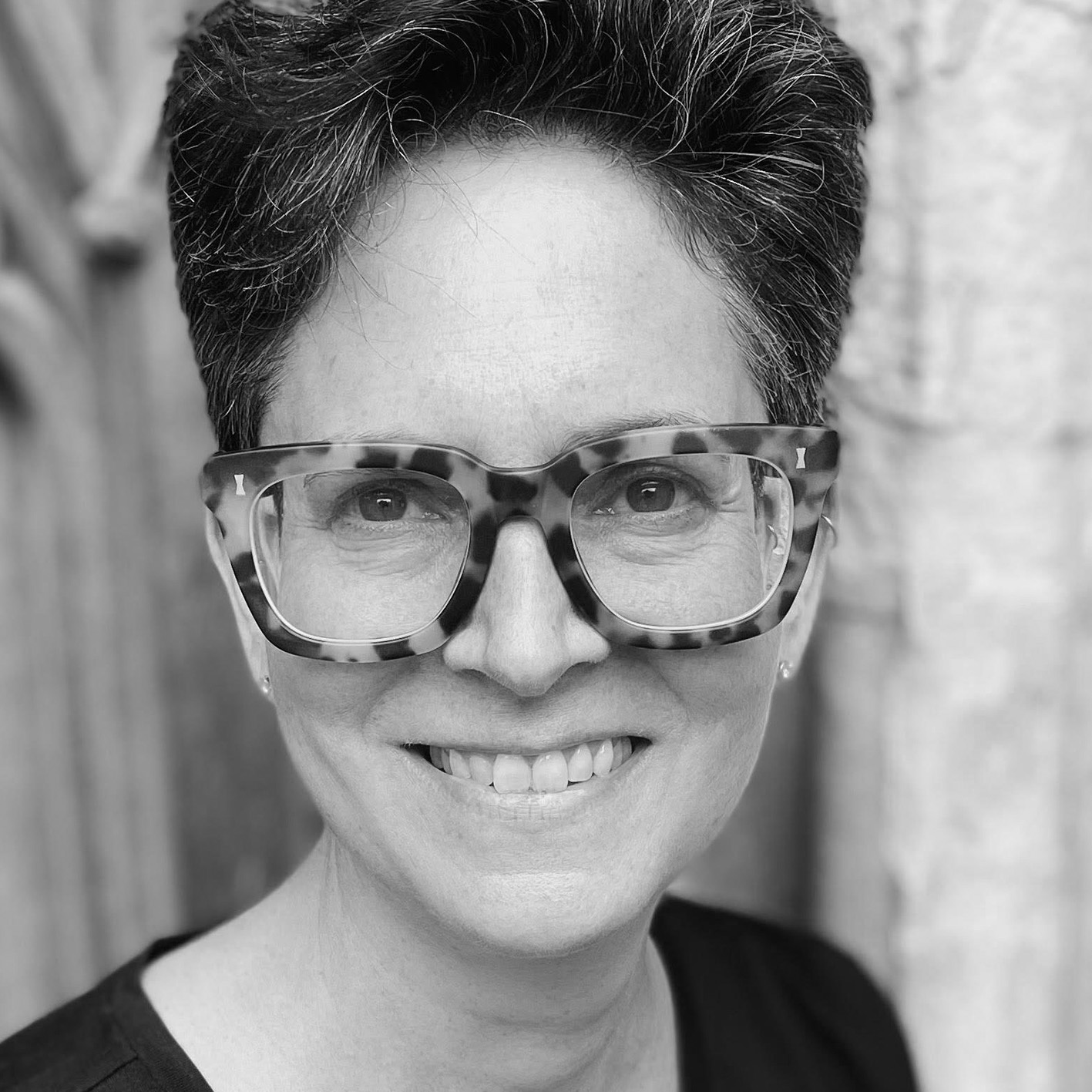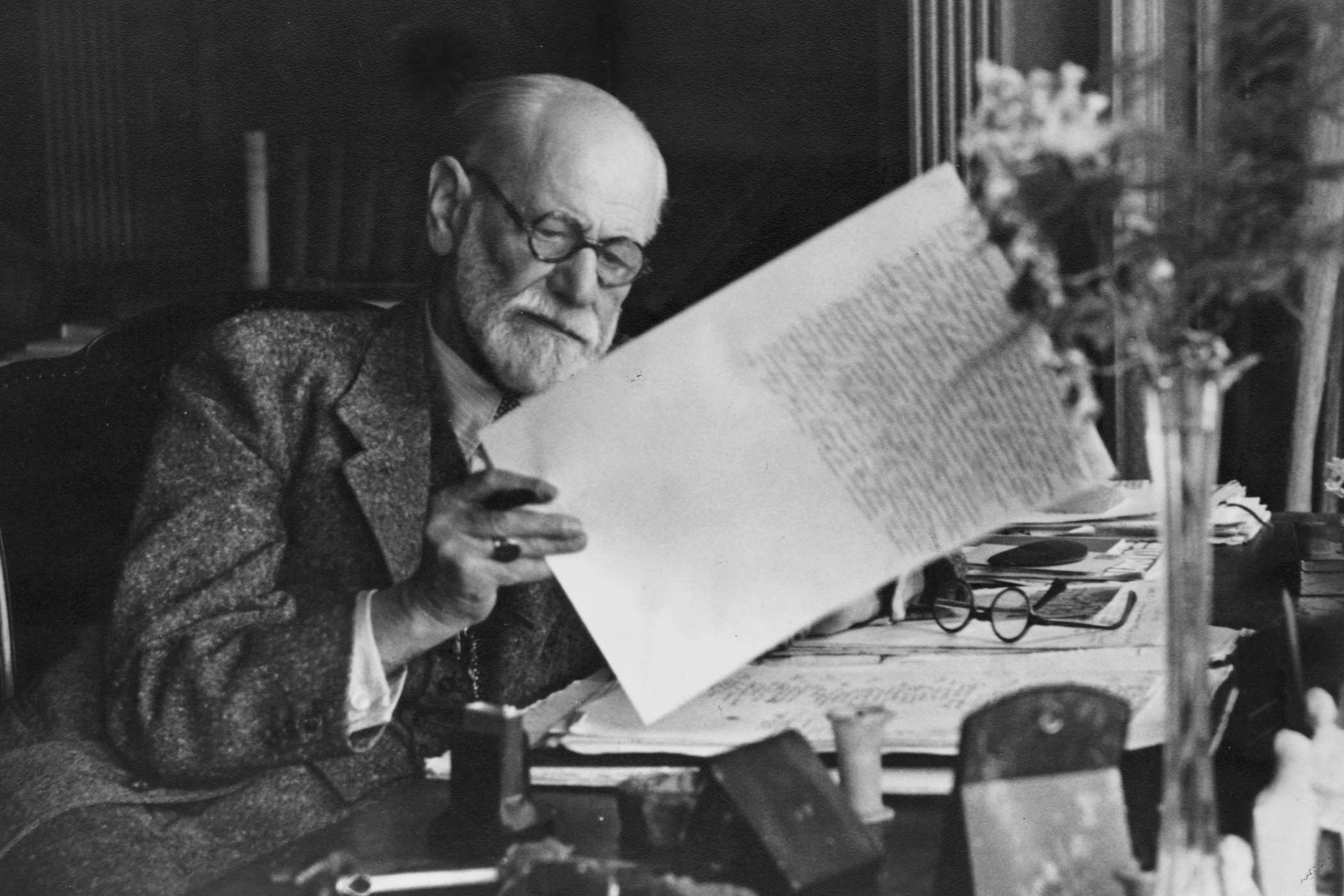The publisher Alexandra Pringle, Bloomsbury's editor-in-chief, adored Deborah Levy’s novel Swimming Home when she read the manuscript and was certain that she’d be able to make Levy an offer for the book.
But when she took it to an editorial meeting, “the entire room looked at me and said, ‘We hate it. We hate it. We hate it’,” Pringle has said. There was no offer from the publisher of Harry Potter, and a tiny, not-for-profit firm, And Other Stories, picked it up instead.
Swimming Home was shortlisted for the Booker Prize in 2012, the beginning of an extraordinary revival and flowering of Levy’s remarkable literary career.
Now her 2016 novel, Hot Milk, also shortlisted for the Booker, is coming to the screen, the directorial debut of playwright and screenwriter Rebecca Lenkiewicz, who co-wrote Disobedience (2017), the adaptation of Naomi Alderman’s novel of the same name, and the Polish language film Ida (2013) with its director, Paweł Pawlikowski.
Hot Milk stars Fiona Shaw and Deborah Mackey as Rose and Sofia, a mother and daughter who travel to a shabby Spanish seaside town to seek a cure for Rose’s mysterious disability. The film’s “slow, beautiful pacing underscores the contemplation, sensuality and elusiveness of Levy’s novel”, wrote Martha Bird when the film premiered at the Berlin International Film Festival in February.
To put the cherry on Levy’s cake, her portrait, by Paul Heber-Percy, has just been acquired by the National Portrait Gallery, and went on show in the History Makers gallery last month.
These days she is published by Hamish Hamilton, and her editor, Simon Prosser, loves spending time in her company. “She’s a great person to go to an art gallery with,” he says. “And she’s just tremendous fun. She has such a wry way of looking at the world.” He praises her writing for its intellectual quality – “but it’s never academic,” he says. “She has such a lively intelligence. There is wonderful clarity but, as many readers have noticed, what you see through that clarity are other things happening in the depths.”
She has just delivered a new book, about Gertrude Stein, to be published next spring.
Levy was born in 1959 in South Africa. Her father was an anti-apartheid activist who was jailed when Levy was five and she did not see him for three years. When she was nine, in 1968, the family moved to Britain, where – as she has written in the first of three “living autobiographies”, Things I Don’t Want to Know (2013) – she discovered David Bowie at 13; his line in Space Oddity, “sitting in a tin can far above the world”, spoke to her sense of dislocation.
After comprehensive school in London, she worked as an usher at the Gate cinema in Notting Hill, where she encountered Derek Jarman during a season of his films. He encouraged her to head for the Dartington College of Arts: she trained there as a playwright.
Newsletters
Choose the newsletters you want to receive
View more
For information about how The Observer protects your data, read our Privacy Policy
Her play Heresies was first performed at the Royal Shakespeare Company’s Pit in December 1986, but she began to build a reputation as a writer of prose, though some critics found her hard to pin down.
Her first novel, Beautiful Mutants, was published in 1989 by Jonathan Cape in Britain and Viking in the US; the New York Times reviewer was not so sure what he had got into, calling the dreamlike tale – which centres around a woman called Lapinski, and the characters who orbit her like satellites – “a thin little book” and questioning Levy’s “penchant for excess”.
She’s happy to let a one-word answer linger in the air. It’s never unkind, just to the point
She’s happy to let a one-word answer linger in the air. It’s never unkind, just to the point
Real adventurousness, however, can throw critics, and even publishers, off-kilter. From the 1990s to the 2010s, her poetry and short stories were published and anthologised, and she worked, as many writers do, in academia; in 1997, Levy married the playwright David Gale and they had two daughters. She was Fellow Commoner in Creative Arts at Trinity College, Cambridge from 1989-1991 and AHRB (now AHRC) Fellow from 2006 to 2009 at the Royal College of Art, where she taught writing in the animation department.
If it is not quite fair to say she was flying under the radar, it is worth remarking that it is not unusual for women writers of a certain age to seem to appear from nowhere when, in fact, they’ve been around all along. Think of the late Hilary Mantel, whose earlier novels – A Place of Greater Safety, Beyond Black – are stone-cold masterpieces, but who rose into the stratosphere with the publication of Wolf Hall, which won the first of her two Booker prizes in 2009.
As Levy wrote in the second of her autobiographies, The Cost of Living (2018): “It is so mysterious to want to suppress women. It is even more mysterious when women want to suppress women. I can only think we are so very powerful that we need to be suppressed all the time.”
The book recounts other fractures and remakings: the death of her mother, her divorce from Gale, the beginnings of a life of real creative freedom. In person, she is a presence both commanding and delightful, an unusual combination. Conversing with her on stage, she’s happy to let a one-word answer linger in the air; it never seems unkind, just absolutely to the point.
There is something of the outsider about Levy, even though she is now certainly on the inside of the literary world. She has been shortlisted twice for the Goldsmiths Prize (for Hot Milk and The Man Who Saw Everything in 2019), an award which seeks to reward novels which push the possibilities of the form.
Her work is wholly original and often dreamlike in its intensity. “If I write to find out something I don’t know, I have come to believe that the unconscious of the novel does know,” she said in her Goldsmiths Lecture, Why the Novel Matters, delivered in 2024. “It has gone beyond the facts and is adjusting the headlights for the long drive ahead. A novel can drill into the facts of lived experience and come out the other side to somewhere the author never expected to land.”
Levy’s ability to mine her experience, in both fiction and memoir, and filter it through her living imagination, is her enriching strength. Her fascination with the contrast between “immense power and vulnerability”, as she has written, could not be more timely.
• This article was amended on 3 July 2025. An earlier version incorrectly described Alexandra Pringle as one of the founders of Bloomsbury.



